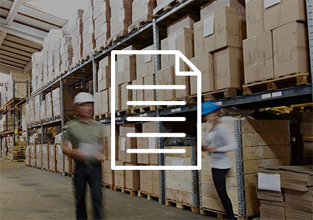Pet Industry
Home / Pet Industry
You’re in great company.
Over 21,000 customers around the world are transforming their businesses with NetSuite. Your company can too. With our array of amazing children’s product customers, we have deep experience working with businesses like yours.





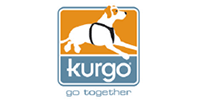
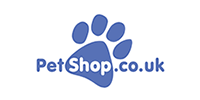
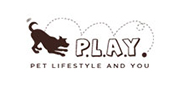
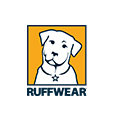
While you focus on building and selling the world’s best pet products, NetSuite focuses on helping businesses like yours run better in the “cloud”—without the headaches and inefficiencies of disconnected and costly in-house IT systems for finance, order and inventory management, ecommerce and more.
- Convert leads to orders, orders to shipments and shipments to revenue with NetSuite’s advanced warehouse, inventory management and order fulfillment capabilities.
- Gain a real-time, 360-degree view of your customers and provide better customer service through NetSuite’s seamless integration of CRM with financials and other back-office systems.
- Manage webstores and online business with NetSuite’s SuiteCommerce solution, tightly integrated with your accounting, fulfillment, inventory, CRM and more.
- Grow revenues, enter new markets and improve channel partner engagement with tools for partner relationship management (PRM).
- Eliminate manual processes and IT systems maintenance by running your business in the cloud.
- Monitor and manage your business with the ultimate customizable business dashboard, featuring built-in best practices for wholesale distribution.
“With NetSuite, we’ve been able to simplify all the complex
parts of operations to focus on growing the business.”
parts of operations to focus on growing the business.”
– P.L.A.Y.
Read more >“Our business was growing at a rate that challenged our IT
systems, and fortunately we chose NetSuite at just the right
time. We’re now one of the hottest brands in the apparel
space. Everyone in our industry knows us.”
systems, and fortunately we chose NetSuite at just the right
time. We’re now one of the hottest brands in the apparel
space. Everyone in our industry knows us.”
– Mountain Khakis
“NetSuite has allowed us to focus on our core competencies:
designing and developing innovative dog gear, not worrying
about running servers, managing backups and dealing with
credit card compliance on our own.”
designing and developing innovative dog gear, not worrying
about running servers, managing backups and dealing with
credit card compliance on our own.”
– Ruff Wear
Previous
Next

